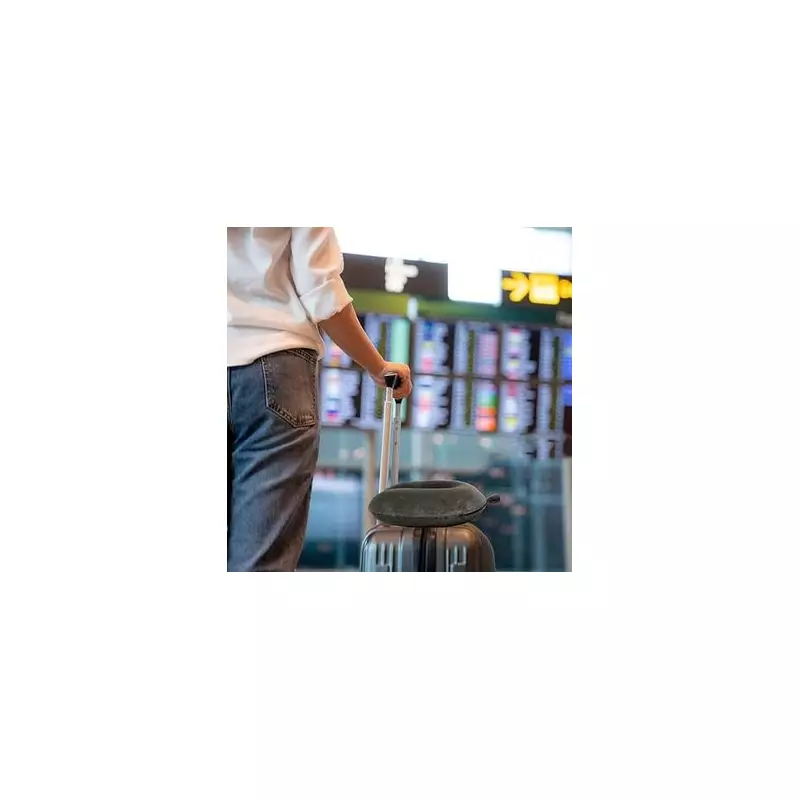
Dreaming of a sunny escape? Before you jet off, a crucial health check is in order—and it’s not just about vaccinations. Many common medications, sitting innocently in your bathroom cabinet, could actually prevent you from boarding your flight.
It’s a shocking reality that catches countless British holidaymakers off guard each year. From strong painkillers to everyday allergy pills, the rules around travelling with medicine are strict and often misunderstood.
The High-Risk List: Medications That Could Ground You
While rules vary by destination, some types of drugs are universally scrutinised by airlines and border agencies. The consequences of getting it wrong are severe, ranging from confiscation and missed flights to legal action in a foreign country.
1. Strong Opioid Painkillers
Medications containing codeine, tramadol, or morphine are heavily restricted. Many countries, particularly in the Middle East and Asia, have a zero-tolerance policy. Even with a UK prescription, you may require prior approval from that country’s embassy.
2. Medical Cannabis and CBD Products
Despite being legal in the UK, travelling with any cannabis-derived product, including CBD oil, is a legal minefield. It remains illegal in most holiday hotspots like Greece, Spain, and the UAE, potentially leading to arrest.
3. Anxiety and Sleep Aids
Drugs like diazepam (Valium), temazepam, and zopiclone are controlled substances. You must carry a formal letter from your doctor, a copy of your prescription, and often, proof that the quantity you're carrying is for personal use only.
4. ADHD Medication
Stimulants such as Ritalin and Adderall are prohibited in many countries, including Japan and Indonesia. Travellers must declare these medications and often obtain permission weeks in advance.
5. Over-the-Counter Antihistamines & Decongestants
Some common brands like Piriton and Sudafed contain ingredients that are controlled substances abroad. For example, pseudoephedrine (in Sudafed) is banned in Japan.
6. Injectable Medications (like EpiPens & Insulin)
While not banned, these require careful planning. You must declare them at security, and they should be accompanied by a doctor's letter. Rules on carrying needles vary by airline.
Your Pre-Flight Medication Checklist: Don't Leave Home Without It
Protect yourself from a holiday nightmare by following these essential steps:
- Check the Foreign Office Advice: Always visit the FCDO travel advice pages for your destination country. They list specific medication restrictions.
- Contact the Embassy: For any controlled medicine, contact the embassy of the country you're visiting to confirm their requirements.
- Get Your Documentation: Ask your GP for a signed letter listing your prescriptions, the dosages, and that they are for your personal use. This is non-negotiable.
- Carry in Original Packaging: Never mix medications into unmarked containers. Keep them in their original pharmacy packaging with the label clearly showing your name.
- Carry a Copy of Your Prescription: Have a copy easily accessible in your hand luggage alongside your doctor's letter.
A little preparation ensures your medication supports your holiday, rather than sabotaging it. Always declare your medicines if in doubt—it’s better to be safe than sorry when you’re thousands of miles from home.





